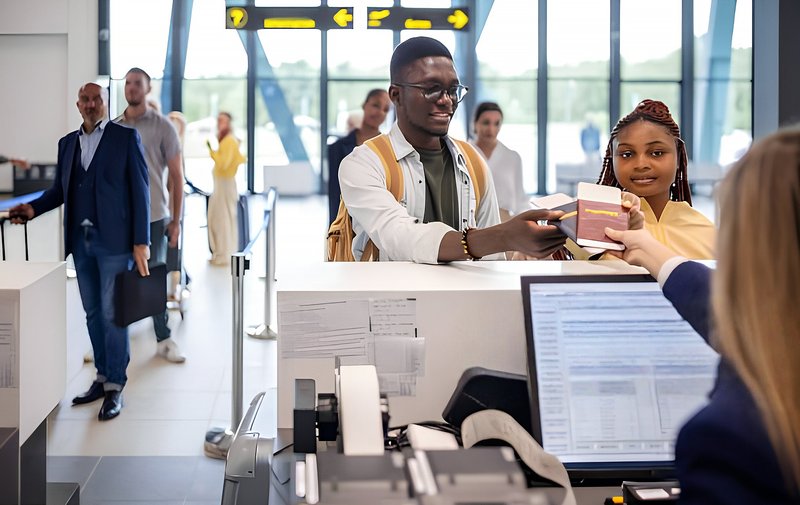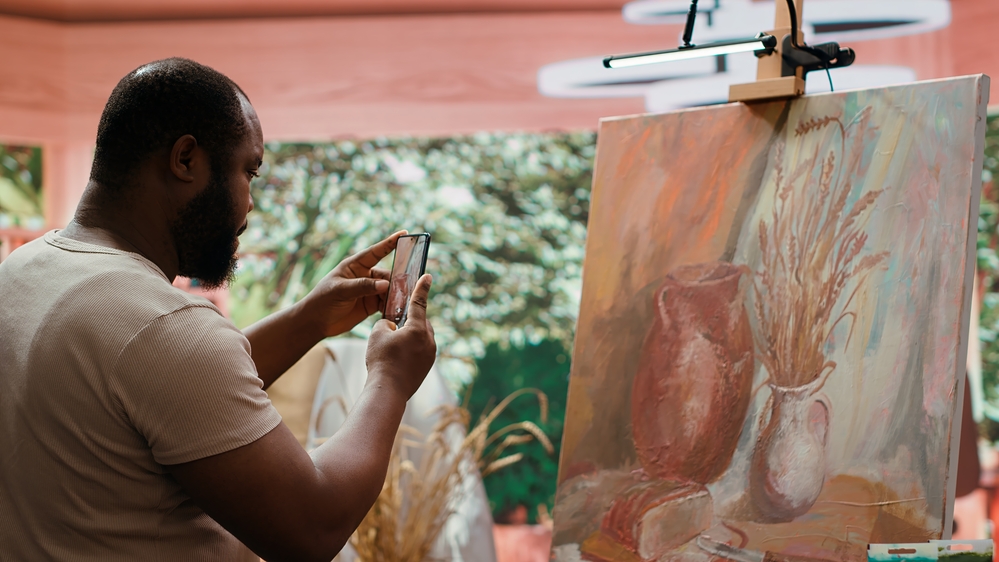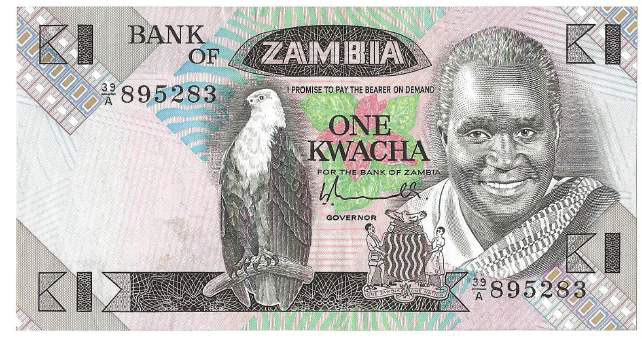From August 2025, Zambians applying for US tourist or business visas face mandatory bonds of up to $15,000 – a dramatic shift that could price out entire demographics of travellers. The new restrictions also slash visa validity from 10 years to just three months and limit stays to a maximum of 30 days. This pilot programme, triggered by Zambia's 11% visa overstay rate, represents the biggest change to US-Zambia travel relations in decades.
Beginning August 20, 2025, Zambian and Malawian citizens applying for a B-1 or B-2 U.S. visa must pay a bond of $5,000, $10,000, or $15,000, an amount determined during the visa interview. This substantial financial hurdle means applicants must carefully consider if the cost of travelling aligns with their business or leisure plans.
What are B1 and B2 Visas?
B-1 and B-2 visas are types of non-immigrant visitor visas. The B-1 visa is for people travelling to the United States temporarily for business, while the B-2 visa is for those visiting for tourism, vacation, or medical treatment.
- A B-1 Visa covers temporary business activities such as consulting with business associates, attending conferences, or settling an estate.
- A B-2 Visa is for purposes such as tourism, vacation, visiting friends, medical treatment, etc.
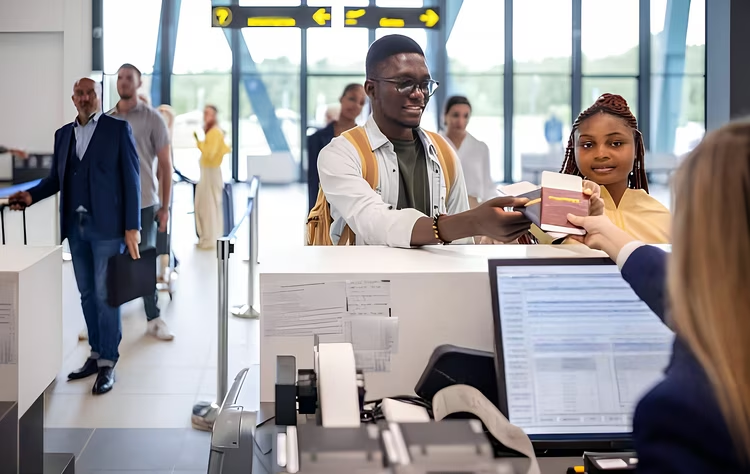
Key Restrictions
The new measures include several major changes:
- Bond payments of up to $15,000 based on a visa interview assessment.
- Visa validity reduced from 10 years to 3 months.
- Single-entry restriction instead of multiple entries.
- Maximum stay cut from six months to 30 days.
- Mandatory arrival and departure through designated ports: Boston Logan International Airport (BOS), John F. Kennedy International Airport (JFK), and Washington Dulles International Airport (IAD).
Crucially, paying a bond doesn't guarantee visa approval. If you pay any fees without explicit instruction from a consular officer, you won't get that money back.
The bond money will be automatically returned in the following circumstances:
- The visa holder departs from the United States on or before the date to which he or she is authorised to remain in the United States; or
- The visa holder does not travel to the United States before the expiration of the visa; or
- The visa holder applies for and is denied admission at the U.S. port of entry.
Why Malawi and Zambia?
According to 2023 figures of the Department of Homeland Security (DHS):
- 14% of Malawians overstayed their visas.
- 11% of Zambians failed to depart on time.
These figures place both countries above the global average for visa overstays. This pilot programme is meant to run for one year, until August 2026, and will determine whether these requirements become permanent.
Impact on Travellers
Financial Barriers are Significant
Whilst the bond is refundable, it remains prohibitively expensive for some Zambians. Family visits, tourism, graduations, and the like may have to wait until restrictions are lifted or until the bond is met. The U.S may also expect to see fewer tourists from Malawi and Zambia.
Business Operations Face New Challenges
The bond introduces logistical and financial challenges for U.S companies working with partners in Malawi and Zambia. The 30-day limit creates scheduling conflicts for complex tasks that require multiple trips. Companies may now have to decide whether to pay bonds for international partners or find alternative arrangements.
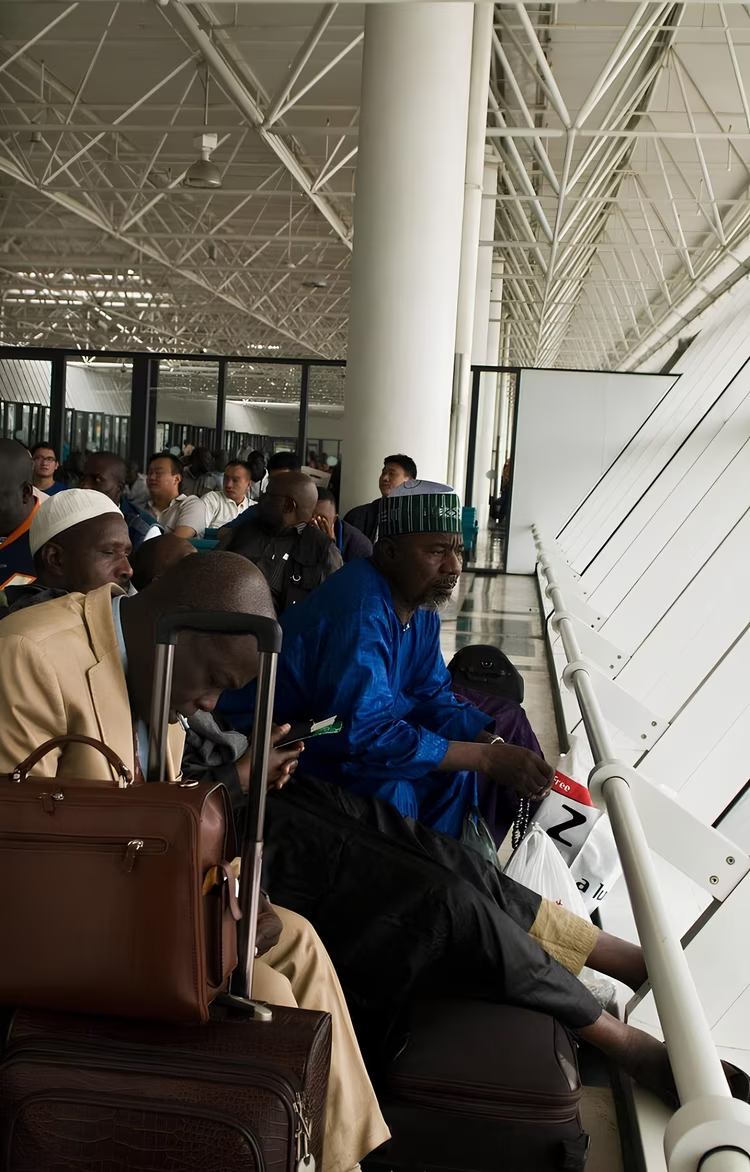
Reactions
The policy has drawn criticism from both African nations.
A CEO of a Malawian travel company, expressed concern: “ This policy disproportionately affects ordinary travellers. Requiring such a large deposit upfront makes visiting the U.S. practically impossible for the average citizen.”
However, views are split with some viewing the policy as necessary, stating that, the current U.S administration has acted in the best interest of the United States and its people, in an effort to discourage illegal immigrants from entering America.
Zambia’s Foreign Affairs Minister, Mulambo Haimbe, noted that the foreign ministry has taken note of the U.S. decision to introduce visa bond requirements for certain categories of visa applicants, a measure that "may have significant implications" for Zambians intending to travel to the United States for business or tourism. "The Zambian government views this development with serious concern, given its potential economic implications on trade, investment, tourism, and people-to-people exchanges," Haimbe said.
Moving Foward
These new restrictions represent a significant shift in U.S.-Africa travel relations. While the current U.S. administration frames these measures as necessary to protect national interests and prevent misuse of the immigration system, the real-world impact on legitimate travellers, businesses, and bilateral relationships cannot be ignored.
For Zambian and Malawian citizens, this one-year pilot program creates both immediate challenges and uncertainty about the future. Whilst challenging, this period also presents opportunities for strengthening digital business relationships and exploring regional travel options within Africa. The restrictions are temporary by design, and with proper advocacy and demonstrated compliance, there's potential for more favourable terms when the programme concludes in August 2026.
For those planning essential trips, early financial planning and thorough documentation of legitimate travel purposes can strengthen visa applications. Business travellers might consider virtual collaboration tools for initial meetings, with physical visits reserved for critical final negotiations or training sessions.
The one-year pilot programme's nature offers hope for future adjustments. Zambian and Malawian governments can work diplomatically to demonstrate their citizens' compliance and address U.S. concerns about overstays. Meanwhile, travellers should monitor embassy updates and consider alternative destinations for leisure travel whilst these restrictions remain in place.
For now, patience and strategic planning will help navigate these temporary hurdles, in the hope that more favourable terms will be restored when the pilot programme comes to a close.

